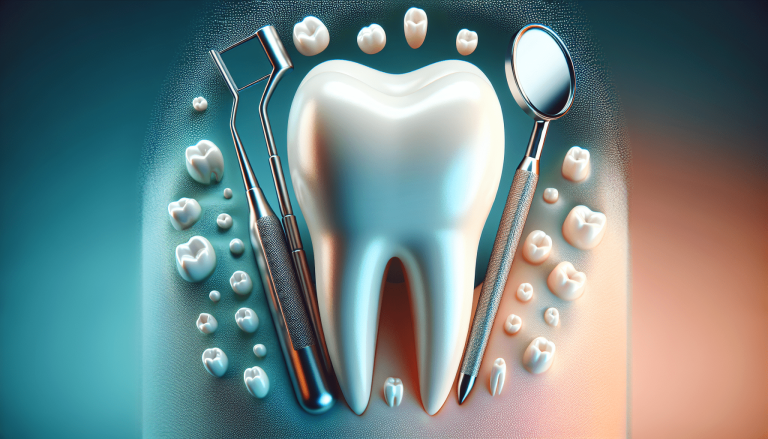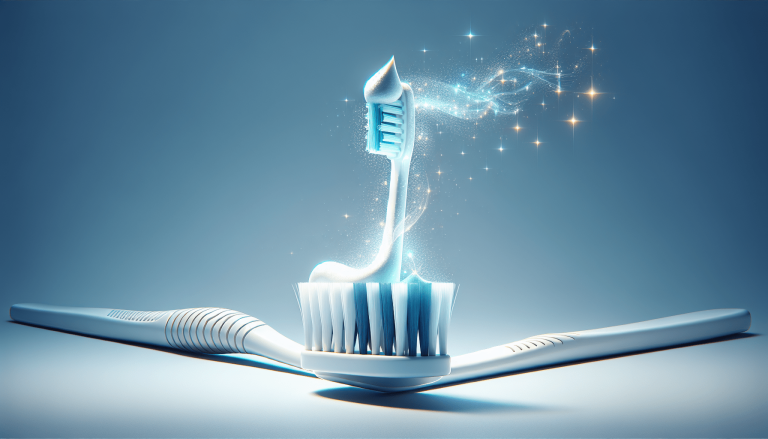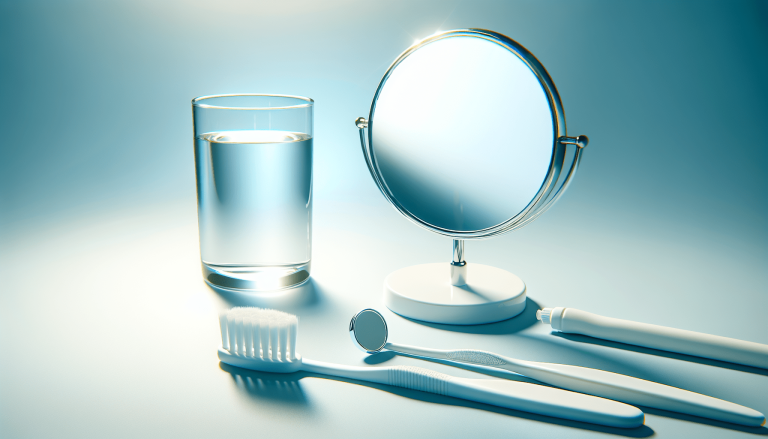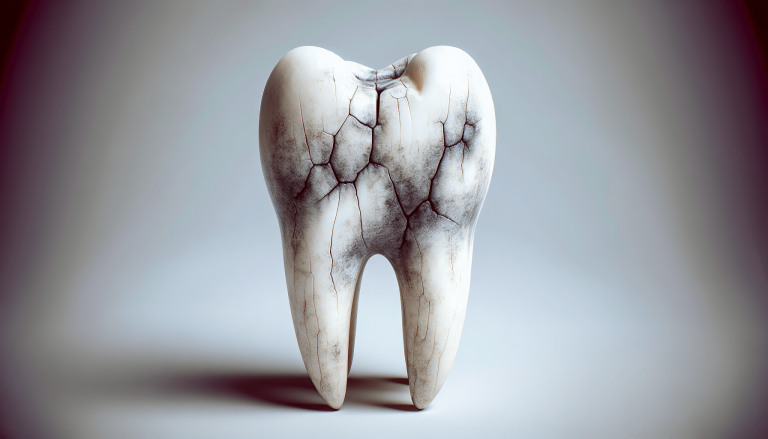How Can I Rebuild My Damaged Teeth?
Rebuilding your damaged teeth doesn’t have to be a daunting task. In our article, “How Can I Rebuild My Damaged Teeth?” you’ll explore various effective methods and practical tips to restore your smile. From understanding the importance of dental hygiene and diet, to discovering the latest advancements in dental treatments, you’ll find everything you need to confidently take the first steps towards healthier teeth. Get ready to embark on a journey towards a brighter, stronger smile! How can I rebuild my damaged teeth?
Have you ever found yourself wondering, “How can I rebuild my damaged teeth?” Maybe you’ve chipped a tooth on a piece of hard candy, or perhaps years of wear and tear have taken their toll. Regardless of how it happened, damaged teeth can affect your confidence, your smile, and even your overall health. By addressing this important question, we can help you take the first steps toward a healthier, happier smile.

Understanding Tooth Damage
Before diving into solutions, it’s important to understand the different types of tooth damage. Knowing what you’re dealing with can help you find the most effective way to rebuild your teeth.
Types of Tooth Damage
Tooth damage can come in various forms. Here are some common types:
| Type of Damage | Description |
|---|---|
| Chipped Teeth | Small pieces of the tooth enamel break off. |
| Cracked Teeth | Visible or invisible cracks can run down from the crown. |
| Tooth Decay | Results from calcium loss and bacterial presence, leading to cavities. |
| Worn Teeth | Wear and tear due to grinding (bruxism), acid, or age. |
| Discolored Teeth | Staining from food, drinks, smoking, or other factors. |
Causes of Tooth Damage
Understanding what causes tooth damage can also help in preventing future issues. Some common causes include:
- Trauma: Accidents, sports injuries, or biting down on something hard.
- Poor Oral Hygiene: Inadequate brushing and flossing lead to decay.
- Diet: Sugary or acidic foods and drinks can erode enamel.
- Grinding: Bruxism, or grinding your teeth, usually while sleeping.
- Aging: Natural wear and tear over time.
Immediate Steps to Take After Tooth Damage
When you first notice damage to a tooth, taking quick action can minimize further harm and discomfort. Here are some immediate steps you can take:
What To Do Right Away
- Rinse Your Mouth: Use warm water to clean the affected area gently.
- Stop Bleeding: If there’s any bleeding, press a piece of gauze or a tea bag on the area.
- Cold Compress: Apply a cold compress to your cheek to reduce swelling.
- Pain Relief: Over-the-counter pain relievers like ibuprofen can help manage pain.
When to Contact a Dentist
It’s essential to contact a dentist as soon as possible if:
- The tooth is significantly broken or cracked.
- There’s ongoing pain or swelling.
- You see visible signs of infection, such as abscesses or pus.
Professional Treatments for Rebuilding Damaged Teeth
Once you’re at the dentist’s office, several treatment options are available to help rebuild your damaged teeth. The best treatment for you will depend on the extent of the damage, your dental history, and your personal preferences.
Dental Bonding
Dental bonding is a quick and straightforward solution for minor chips and cracks. The dentist uses a tooth-colored resin, akin to putty, which is hardened with a special light.
- Pros: Fast, less expensive, and minimally invasive.
- Cons: The bonding material isn’t as durable as other options and might stain over time.
Veneers
Veneers are thin shells of porcelain or composite resin that cover the front surface of your teeth. They are excellent for more extensive cosmetic repairs.
- Pros: Natural-looking, durable, and stain-resistant.
- Cons: The process can be more expensive and might require the removal of some tooth enamel.
Crowns
Crowns are cap-like structures that cover the entire tooth. They are a good option for severely damaged or decayed teeth.
- Pros: Highly durable and provide excellent protection.
- Cons: Requires significant tooth preparation and may be more expensive.
Fillings and Inlays/Onlays
For cavities and minor decay, fillings or inlays/onlays can be sufficient.
- Pros: Effective for treating decay and preventing further damage.
- Cons: Inlays and onlays can be more expensive than basic fillings.
Root Canal Therapy
If your tooth’s pulp is damaged or infected, a root canal may be necessary. During this procedure, the dentist removes the infected pulp and seals the tooth.
- Pros: Saves the natural tooth and alleviates pain.
- Cons: Considered invasive and may require a follow-up crown.
Home Care Tips for Maintaining Rebuilt Teeth
Once your teeth have been professionally treated, following proper home care tips is vital for maintaining the results and preventing further damage.
Daily Oral Hygiene
- Brush Twice a Day: Use a fluoride toothpaste and a soft-bristle toothbrush.
- Floss Daily: Remove food particles and plaque between teeth.
- Mouthwash: Consider an antibacterial or fluoride mouthwash to round off your routine.
Dietary Considerations
Your diet plays a crucial role in the health of your teeth. Here are some tips:
- Limit Sugary Foods and Drinks: Sugar can cause cavities.
- Avoid Acidic Foods: Things like citrus and soda can erode enamel.
- Eat a Balanced Diet: Make sure you’re getting enough calcium, vitamin D, and phosphorous.
Regular Dental Check-Ups
Even if your teeth feel fine, regular dental check-ups are crucial for long-term health.
- Professional Cleanings: Get your teeth cleaned by a professional twice a year.
- Early Detection: Routine exams can catch potential issues before they become serious.
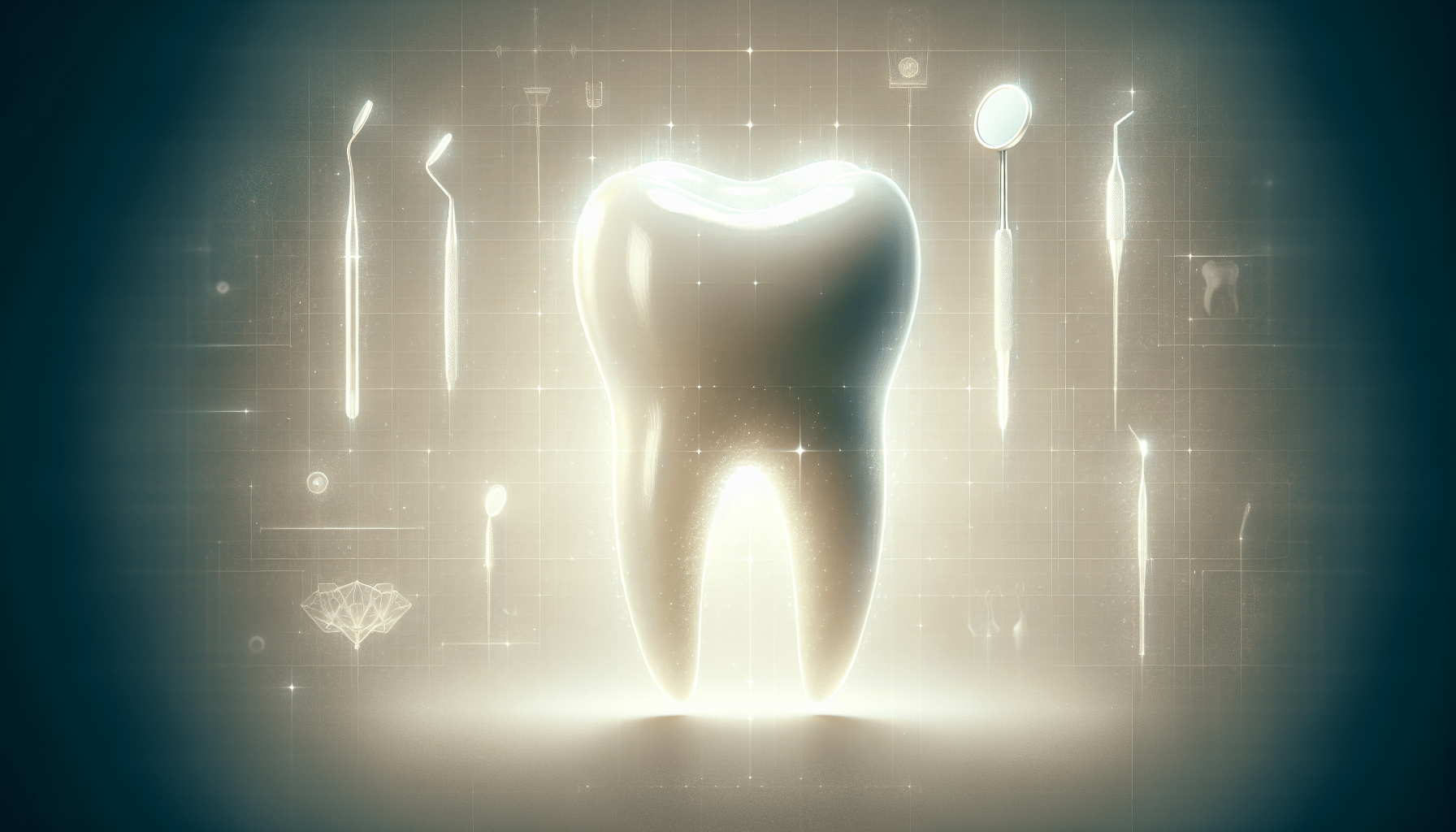
Preventing Future Tooth Damage
Preventing future damage is an essential part of maintaining your dental health. Incorporating good habits can help protect and preserve your teeth.
Use Protective Gear
If you engage in activities that could result in dental trauma, such as contact sports, wearing a mouthguard can prevent injuries.
Avoid Using Teeth as Tools
It might be tempting to use your teeth to open packages or bottles, but this can result in chips and cracks. Always use the appropriate tools.
Manage Bruxism
If you grind your teeth, especially while sleeping, a nightguard can help minimize the damage.
When To Seek Specialist Care
In some cases, consulting a dental specialist, such as an oral surgeon, periodontist, or orthodontist, may be necessary.
Advanced Dental Issues
If you have advanced dental issues, such as severe periodontal disease, bone loss, or misaligned teeth, a specialist can offer more targeted treatments.
Evaluating Your Needs
Discuss with your general dentist to understand when it may be necessary to seek specialist care. Usually, they’ll provide recommendations based on the severity of your condition.
Emotional and Psychological Impact
Sometimes, damaged teeth can affect more than just physical health. They can also impact your emotional and psychological well-being.
Confidence and Self-Esteem
A healthy, beautiful smile can significantly boost your confidence. Conversely, damaged teeth can make you self-conscious and reluctant to smile or speak freely.
Social and Professional Life
Our smile plays a significant part in social and professional interactions. Investing in your dental health can positively affect these aspects of your life.
Ways to Cope
If you find yourself anxious about dental treatments, consider these tips:
- Open Communication: Speak to your dentist about your fears.
- Relaxation Techniques: Practices like deep breathing and meditation can help.
- Counseling: For severe anxiety, professional counseling could be beneficial.
Financial Considerations
Dental care can sometimes be expensive, and it’s crucial to be aware of your options for managing costs.
Dental Insurance
Check with your dental insurance to see what treatments are covered. Many plans offer coverage for basic procedures but may have limits on more advanced treatments.
Payment Plans and Financing
Many dental offices offer payment plans and financing options to make treatments more affordable. Discuss these options with your dentist’s office.
Dental Savings Plans
These plans can provide discounts on dental procedures and may be a lower-cost alternative to traditional insurance.
Latest Innovations in Dental Treatments
The field of dentistry is continually evolving with new techniques and technologies designed to make treatments more effective and comfortable.
Laser Dentistry
Laser dentistry can be used for various procedures, including removing decay, whitening teeth, and treating gum disease.
- Pros: Minimally invasive, faster healing times.
- Cons: Can be more expensive and not suitable for all procedures.
Digital Impressions
Digital impressions remove the need for messy, uncomfortable molds. A digital scanner captures a precise 3D image of your teeth.
- Pros: More accurate, faster, and more comfortable.
- Cons: More costly initial investment for dental practices.
3D Printing in Dentistry
3D printing is used to create dental crowns, bridges, and even orthodontic devices.
- Pros: Custom, precise, and faster turnaround time.
- Cons: Still relatively new and may not be widely available.
Overcoming Dental Anxiety
Many people experience some level of dental anxiety, but with the right approach, you can make your visits less stressful.
Choose the Right Dentist
Finding a dentist who understands your anxiety and works to put you at ease can make a big difference.
Sedation Dentistry
For those with significant anxiety, sedation dentistry can be an option. Techniques range from nitrous oxide (laughing gas) to IV sedation.
Mindfulness and Relaxation
Practices such as deep breathing, meditation, and even listening to calming music during your appointment can help ease anxiety.
Future Outlook and Maintenance
Rebuilding your teeth is not a one-time event but rather an ongoing commitment to oral health.
Long-term Dental Health
Regular maintenance and a healthy lifestyle will play a key role in keeping your teeth strong and beautiful for the long term.
Staying Informed
Stay informed about the latest dental care practices and technologies. Attend routine dental check-ups and follow your dentist’s advice for the best results.
An Action Plan for Rebuilding Damaged Teeth
Summing up all the information, an actionable plan can guide you through the process of rebuilding your damaged teeth.
Step 1: Assess the Situation
Understand the type and extent of your tooth damage and identify the causes and triggers.
Step 2: Immediate Care
Follow the immediate steps to prevent further damage and pain relief. Contact a dentist as soon as possible.
Step 3: Professional Treatment
Consult with your dentist about the best treatment options for your specific type of damage. Explore options like bonding, veneers, crowns, etc.
Step 4: At-Home Maintenance
Adopt good oral hygiene practices and make dietary changes to maintain your rebuilt teeth.
Step 5: Prevent Future Damage
Use mouthguards for physical activities and manage bruxism. Avoid using your teeth for tasks they aren’t meant for.
Step 6: Financial Planning
Check your dental insurance, explore payment plans, or consider dental savings plans to manage costs.
Step 7: Stay Updated and Informed
Attend regular dental check-ups and stay informed about the latest advancements in dental treatments.
By following these steps, you are setting yourself up for a successful journey in rebuilding your damaged teeth. With a combination of immediate action, professional treatments, and effective maintenance, you can restore your smile and keep it in great shape for years to come.
If you have any additional questions or concerns, your dentist is an excellent resource for personalized advice and information. Remember, a healthy smile is not just about aesthetics; it’s a crucial part of your overall well-being.
Additional Resources
It may sound bizarre, but it’s scientifically proven… Researchers in Osaka, Japan have discovered a shocking hidden cause of bad breath, bleeding gums, and tooth decay.
Brushing, flossing and rinsing are NOT enough to stop this silent threat from slowly destroying your teeth and gums… In fact, new research shows that many popular brands of toothpaste and mouthwash (which are probably in your medicine cabinet right now) are doing you more harm than good!
You’re about to discover what these products are, and why you MUST stop using them immediately…
And you’ll learn a simple 30 second “dental hack” that naturally protects you and your loved ones against virtually every oral health problem… Including yellow and decaying teeth, gingivitis, and tooth loss… While restoring your smile, reversing gum disease, and giving you “strong as steel” teeth for years or decades to come:
=> Chew This Once Per Day To Naturally Rebuild Teeth & Gums


